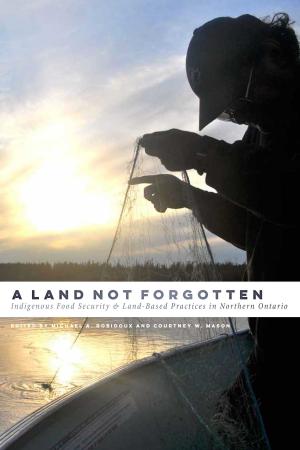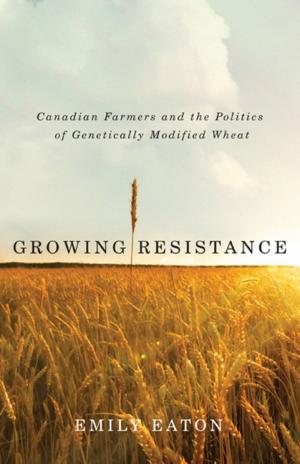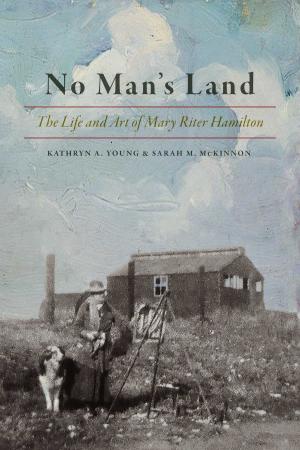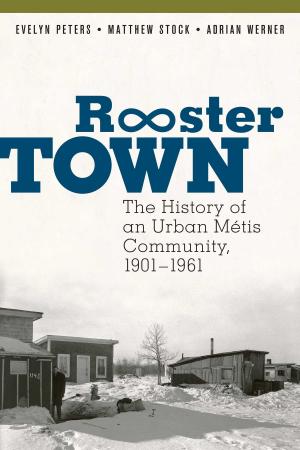Planning for Rural Resilience
Coping with Climate Change and Energy Futures
Nonfiction, Social & Cultural Studies, Political Science, Government, Public Policy, Science & Nature, Science, Earth Sciences, Social Science| Author: | Wayne Caldwell, Erica Ferguson, Emanuel Lapierre-Fortin, Jennifer Ball, Suzanne Reid, Paul Kraehling, Eric Marr, John Devlin, Chris White, Tony McQuail, Margaret Graves, Bill Deen, Ralph Martin, Christopher Bryant | ISBN: | 9780887554612 |
| Publisher: | University of Manitoba Press | Publication: | May 15, 2015 |
| Imprint: | University of Manitoba Press | Language: | English |
| Author: | Wayne Caldwell, Erica Ferguson, Emanuel Lapierre-Fortin, Jennifer Ball, Suzanne Reid, Paul Kraehling, Eric Marr, John Devlin, Chris White, Tony McQuail, Margaret Graves, Bill Deen, Ralph Martin, Christopher Bryant |
| ISBN: | 9780887554612 |
| Publisher: | University of Manitoba Press |
| Publication: | May 15, 2015 |
| Imprint: | University of Manitoba Press |
| Language: | English |
Climate change and an evolving non-renewable energy sector threaten the future viability and sustainability of communities across the country. While rural communities have a special place in the national fabric, they often lack the resources to tackle these important and evolving threats. Planning for Rural Resilience: Coping with Climate Change and Energy Futures makes clear that communities and municipalities have opportunities to make informed and constructive decisions in the face of uncertainty: many of these decisions are “win-win” in the sense that they benefit the community in the short term while also building resilience for the future. Case studies include a town rebuilding itself after a tornado and an individual farmer’s commitment to creating a resilient farm. They provide examples of innovative, successful, and practical on-the-ground actions and strategies. Planning for Rural Resilience asks central questions about the nature of change and the ability to adapt in rural regions. While change is often feared, communities have capacity that can be rallied, harnessed, and turned towards planning policy and action that responds to threats to the future. This important work will assist municipal decision makers, planners, and community members as well as anyone who has a passion for the future and betterment of rural life.
Climate change and an evolving non-renewable energy sector threaten the future viability and sustainability of communities across the country. While rural communities have a special place in the national fabric, they often lack the resources to tackle these important and evolving threats. Planning for Rural Resilience: Coping with Climate Change and Energy Futures makes clear that communities and municipalities have opportunities to make informed and constructive decisions in the face of uncertainty: many of these decisions are “win-win” in the sense that they benefit the community in the short term while also building resilience for the future. Case studies include a town rebuilding itself after a tornado and an individual farmer’s commitment to creating a resilient farm. They provide examples of innovative, successful, and practical on-the-ground actions and strategies. Planning for Rural Resilience asks central questions about the nature of change and the ability to adapt in rural regions. While change is often feared, communities have capacity that can be rallied, harnessed, and turned towards planning policy and action that responds to threats to the future. This important work will assist municipal decision makers, planners, and community members as well as anyone who has a passion for the future and betterment of rural life.















